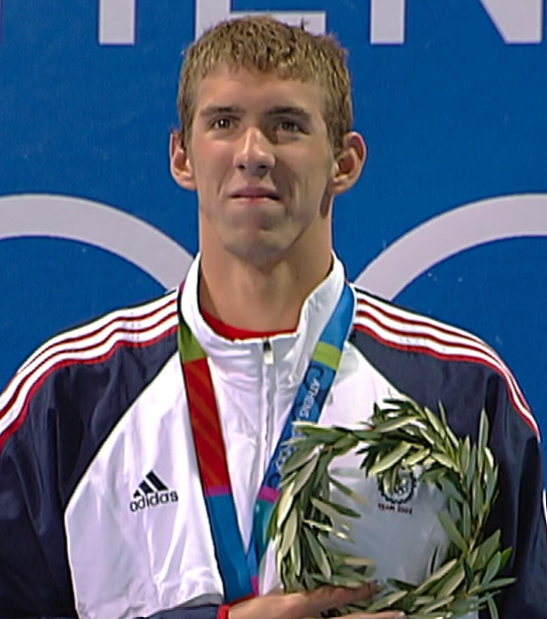Dick Pound, a former senior member of the International Olympic Committee (IOC), has issued a warning: if American law enforcement goes too far in its probe of Chinese swimmers, the United States could lose the Summer and Winter Olympics in 2028 and 2034, respectively.
Any nation hoping to participate in or organize an international athletic event must adhere to the anti-doping code. This emphasizes the delicate balance that must be struck between upholding strict anti-doping measures and guaranteeing impartial and prudent investigative procedures.
The Canadian attorney Richard Pound, who was instrumental in the formation of the World Anti-Doping Agency (WADA), cautions that the United States’ Rodchenkov Act may bar it from hosting an Olympic Games.
This law, which was passed in 2020, expands U.S. jurisdiction to include international sports involving American players or those with financial ties to the country. Concerns over its effects on international sports have been raised by the fact that it is presently being used to look into the positive test results of 23 Chinese swimmers.
Reuters stated; “That law does not adhere to the anti-doping rule.”
WADA examines US compliance and Salt Lake City 2034 Status
WADA would not comment when asked about the possibility of referring the US to the Non-Compliant Review Committee, but other anonymous anti-doping officials acknowledged that talks were still in progress.
WADA’s position revolves around the Rodchenkov Act, claiming that because it allows US authorities to reopen previously closed cases, it violates international anti-doping norms. This problem highlights the intricate interplay between international conventions and domestic laws in the context of anti-doping regulations.
Speaking to Reuters, Dick Pound hinted that the IOC would hold off on formally announcing Salt Lake City’s selection to host the 2034 Winter Olympics.
The IOC Congress, which takes place before the Summer Olympics in Paris next week, is expected to approve the proposal easily. However, Pound pointed out that Olympic officials might use this opportunity to send a message by holding off on making the decision.

